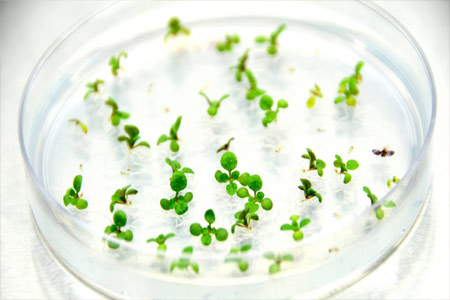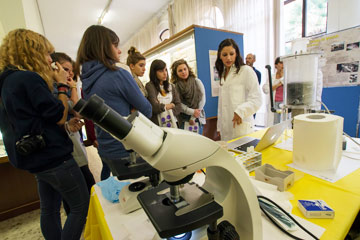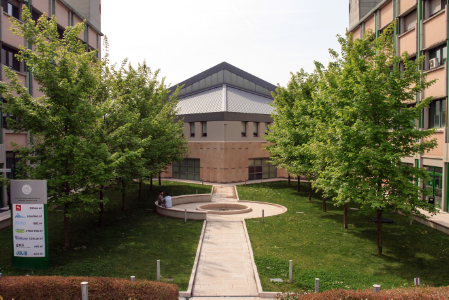- Curriculum
-
Prof. Nicola Vitulo graduated in Biology from the University of Padua in 2001 and he obtained his PhD in Biotechnology in 2005 with a thesis on genome sequencing of the psychrophilic and piezophilic bacterium
Photobacterium profundum SS9. He has been working as a computational genomics since 2002. During these years he has acquired a great expertise in the field of bioinformatics by developing skills in the field of gene prediction and annotation, analysis of transcriptomics data, comparative genomics and management of genomic data.
The advent of new sequencing technologies (Next Generation Sequencing, NGS) that allow the production of millions of DNA sequences at very low cost and time, has had a very large impact in the study of genomic complexity at the genomic, transcriptomic, epigenetics and metagenomics level, providing exciting opportunities for the development of new bioinformatics resources for data analysis and management. Prof. Vitulo has worked for many years in the field of genomics developing a strong interest in many aspects of this discipline, focusing especially on the innovations and challenges introduced by NGS technologies.
The main interests and research activities consist in gene annotation prediction, genomic assembly, transcriptomics data analysis, metagenomics data analysis.








 vitulo
vitulo univr
univr

